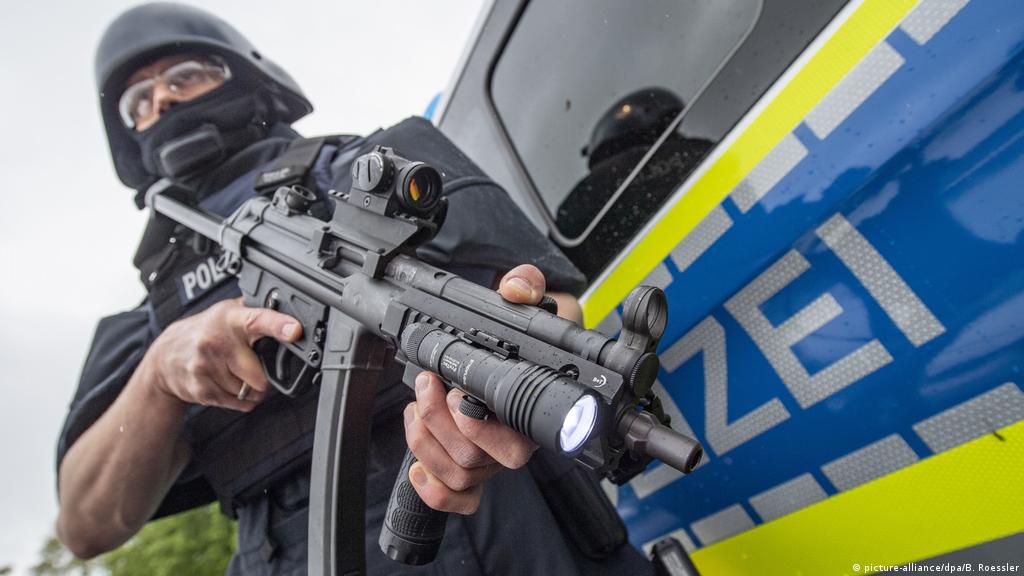
Great article from Lawyer Monthly on the issue of whether police should be allowed to use deadly and lethal force under various circumstances.
It wrote that according to civil rights attorney Rodney Diggs with Ivie, McNeill & Wyatt, “The LAPD faces a need for systemic change”. In May 2017, the LA police commission unanimously approved 25 new recommendations, after discovering alarming findings in the LAPD’s first ever, Use of Force Report.
Diggs, who has handled multiple wrongful death lawsuits stemming from officer-involved shootings and individuals with mental disabilities, believes these recommendations are a step in the right direction.
“Over the years I have practiced, I have seen [approximately] 50-60% increase in wrongful death cases related to individuals suffering from mental disabilities/illness.”
According to the article, Lawyer Monthly surmised that such a vast increase of wrongful deaths is cause for huge concern. Therefore, what accounts towards this increase?
“The changes are due to the officer’s lack of being trained and dealing with individuals who suffer from mental illnesses,” says Diggs. “Conventional police training directly clashes with effective tactics for resolving a typical mental health crisis. Unfortunately, much of that training relies on a command-and-control approach that can lead to dangerous escalations in the use of force.”
HANDLING CITIZENS WITH MENTAL HEALTH ISSUES
“It’s more of a lack of training,” said Diggs. “Proper training takes time and money and the reason to why departments may not choose to use resources needed to train officers, is because the value may be hard to quantify. Once departments realize that it may cost money upfront for training but ultimately will save money and lives, they will see the return on investment.”
Training ought to enhance the public’s trust and to lessen the cases we are seeing involving mishandling alleged perpetrators. Rodney says: “Training will teach officers that they do not have to approach a situation and take action right away. But in a medical emergency, slowing it down, getting additional resources and perhaps even stepping back should be the norm.
“When the public sees that someone’s life is saved because an officer properly assessed a situation and now that family doesn’t have to lose a loved one, then the public will trust that the police are equipped to handle these situations.”
MEDIA
“Additionally, the media plays a big role in the perception of its viewers,” said Diggs. He elaborated that the media can either assist in enhancing the public’s trust or incite fear. “So if we want to bridge the gap between officers and civilians, the media needs to highlight instances in which officers do the right thing in a very sticky situation.”
USE OF WEAPONRY
“Use of force is never acceptable unless the force used is objectively reasonable and used only when necessary to accomplish lawful objectives,” said Diggs. “Officers have to assess the situation and determine which use of force should be used in their specific situation.”
USE OF FORCE AND WEAPONRY
In the article, Rodney outlines the factors officers should use when deciding whether to use force and what type of force option to use:
(1) Whether the suspect poses an immediate threat to the officer or others;
(2) The severity of the crime;
(3) Whether the suspect is actively resisting arrest; and
(4) Whether the suspect is a flight risk or attempting to escape custody.
Further, deadly force should only be used if there is an immediate threat of death or severe bodily injury to the officer or another.
However, implementing an effective process will not be easy. The article states that one possible method of improving often involves implementing better and stronger sanctions; so, we wonder whether those involved in wrongful deaths need to be better sanctioned.
STRONGER SANCTIONS
“A lot of times we see that criminally, officers are not charged with murder or even disciplined within their own departments,” said Diggs. “Despite the monetary compensation that may be awarded to families, the officers face no discipline and the money that is being paid is not being paid out of the officer’s pockets. Monetary compensation by way of settlement, or event civil verdicts, does not equate police reform.
“Greater sanctions would cause a deterrent and would cause officers to think twice and consider the reasonable and appropriate force options available to them or opt not to use force, especially deadly force, when it’s not needed,” says Diggs.
The OIG Report of National Best Practices report itself discusses the following options:
- Increased de-escalation training, and adopting de-escalation as a formal agency policy.
- Discouraging force against those who pose a danger only to themselves.
- Other options, such as chemical spray and personal protection shields.
- Providing prompt supervisory response to critical incidents to reduce the likelihood of unnecessary force.
You can read the full proposed report here.
Please contact my office if you, a friend or family member are charged with a crime. Hiring an effective and competent defense attorney is the first and best step toward justice.






